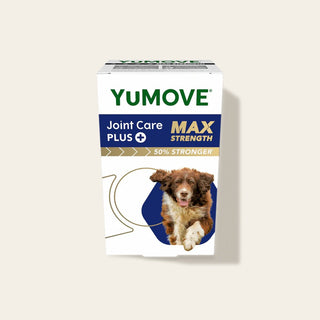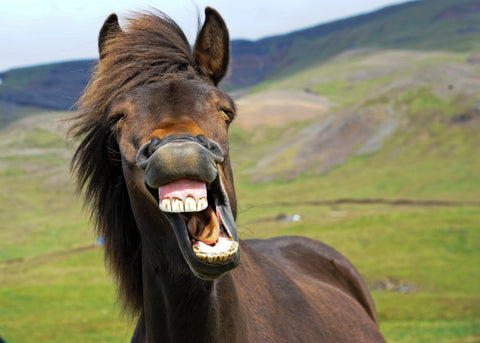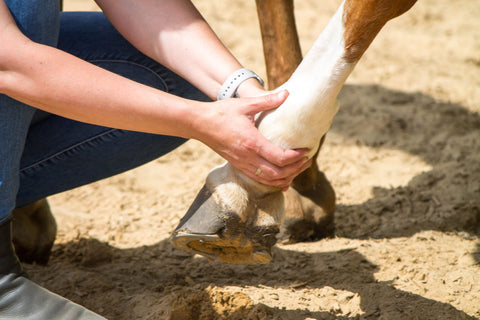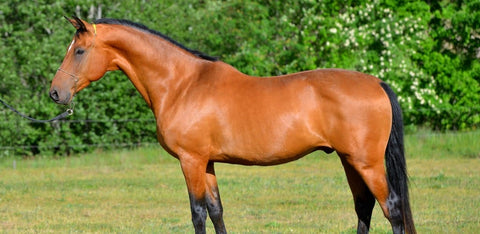

How do horses see?
There are lots of misunderstandings about how our beloved horses see the world around them. Luckily, thanks to ongoing scientific research, we’re getting better at understanding horse vision every day. Crucial when it comes to analysing safety and performance in the likes of cross-country and show-jumping. In this post, we’ll break down some of the myths about horse vision, and explore some interesting facts…
Horse vision myths
There are countless myths about how horses see. Here are some of the most common misconceptions…
- They have poor vision
- Horses cannot see in the dark
- They only see in black and white
- Horses are short-sighted
- They have very poor depth perception

Facts about horse vision
Horse vision is different to human vision
It’s true that horses see very differently to humans. While our eyes are on the front of our heads, giving us binocular vision, horses’ eyes are placed on the sides of their head (like lots of wild prey animals). It means that, along with binocular vision, horses also have what’s known as monocular vision – where the eyes are used separately. Put simply, it means a horse can see separate objects with each eye at the same time, thanks to a 340-degree view. According to the experts, it allows them to more easily spot signs of danger.
Horse vision blind spots
Because of the placement of the eyes, horses have blind spots in their vision, which are important to understand and be aware of. They can’t see directly in front of them – closer than 4 feet – or behind them, if the object is narrower than their body. For this reason, for your own safety, it’s essential your horse hears your voice and feels your touch before you enter these areas.

Objects are magnified to horses
The horse eyeball is one of the largest of all the land mammals, which means the retina is also very large. The latter is made up of light-sensitive cells that send information to the brain, and because of its supersized nature, it magnifies everything. Bear in mind then, that your sweet kitten will look double the size to your horse – more like a dog.
For the same reason, a horse will often need to reposition its head to focus. He or she may lift it to focus on something in the distance, or lower it to better focus on something close by.
Horses can also have vision issues!
Just like us, horses need to take a trip to the eye doctor once in a while! As with humans, they can suffer from poor vision and may then buckle at unfamiliar objects, as a result. Look out for changes in your horse’s eyes just like you would look out for changes or abnormalities in the rest of the body. Things like irregular shifts in pupil size, fluid ‘floaters’ in the lenses, tearing or swelling – all could be signs of ill vision and/or health, and should be checked out.

Here at YuMOVE, we’re all about helping horses live their most active life, for life. Discover our horse joint supplements.



